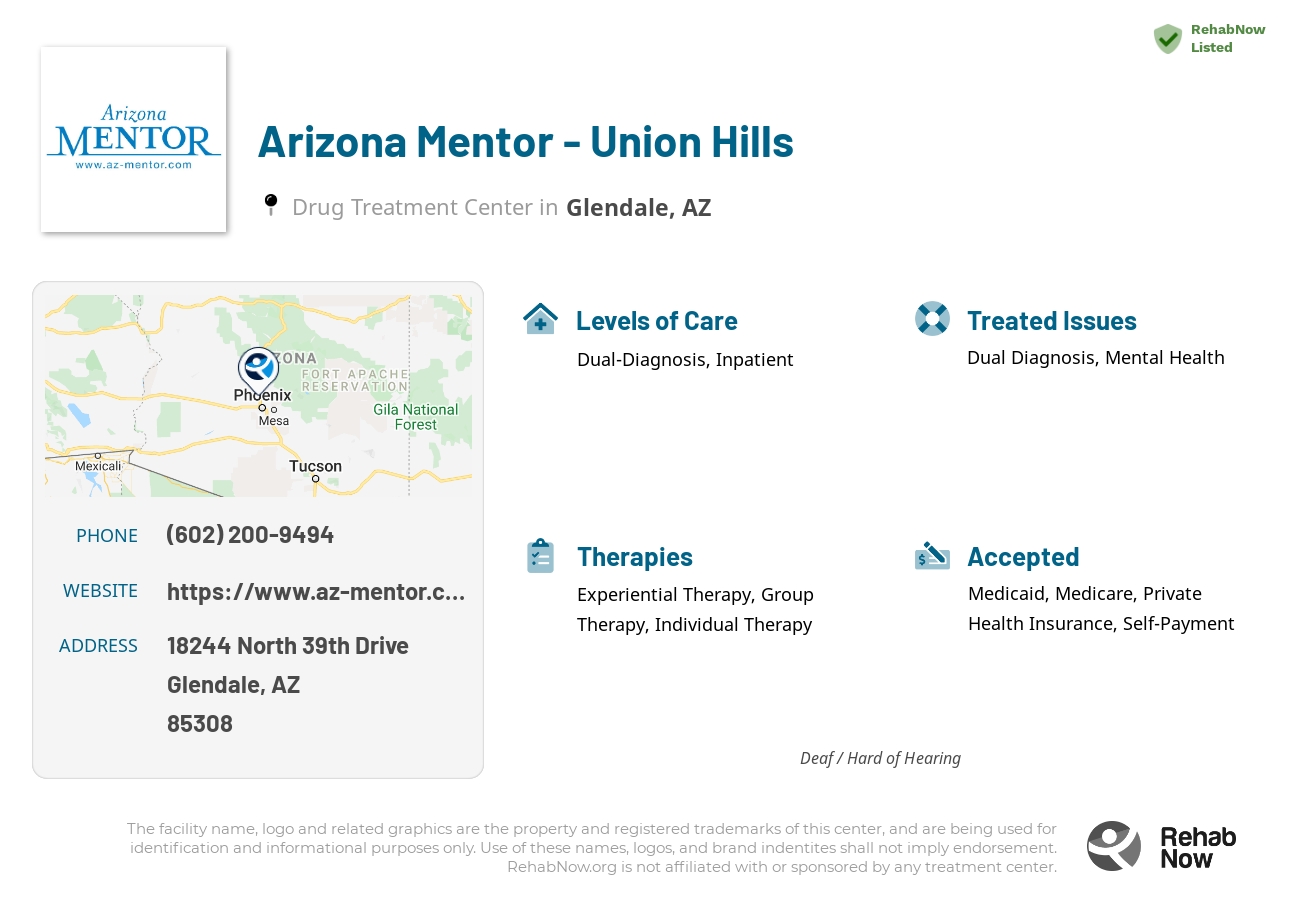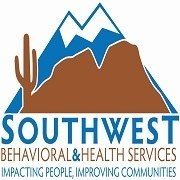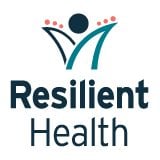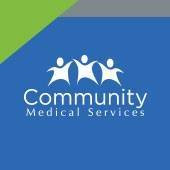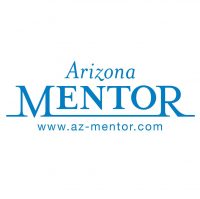
Arizona Mentor - Union Hills
Drug Rehab Center in Glendale, Arizona
- Mental Health
- Dual Diagnosis
Arizona Mentor - Union Hills provides comprehensive mental health and dual-diagnosis treatment services with a focus on individualized care and recovery through various treatment options including inpatient, residential long term care, cognitive behavioral treatment, experiential therapy, and group and individual therapy.
About Arizona Mentor - Union Hills in Arizona
Arizona Mentor – Union Hills provides comprehensive mental health and dual-diagnosis treatment services to Glendale, AZ patients. This facility is affiliated with the Arizona Mentor group, which offers a number of options for treatment and recovery, making it easy for patients to find the option that best suits their needs. The facility provides Inpatient treatment, as well as Residential Long Term care (for stays longer than 30 days), Cognitive Behavioral Treatment (CBT), and Experiential Therapy, as well as Group and Individual Therapy. They are committed to aiding in the recovery of their clients by creating a supportive environment that is focused on growth and healing.
The experienced staff at Arizona Mentor – Union Hills are committed to providing quality care that is tailored to the individual needs of each patient. The facility accepts a variety of private health insurances, and is focused on providing professional services that are tailored to each patient’s individual needs. Experienced medical professionals are available in case of an emergency, providing immediate and expert care for those in need. Arizona Mentor – Union Hills is dedicated to ensuring the health and safety of their patients, providing the highest quality of care in a safe and comfortable environment.
Genders
Ages
Modality
Additional
Conditions and Issues Treated
When someone in struggles with both addiction and mental or emotional illness, this is considered a dual diagnosis. Dual diagnosis treatment can include therapy for these issues to happen simultaneously, which will allow either of them to be treated effectively.
Sometimes people who have suffered from addiction disorder also suffer from co-occurring disorders such as depression, anxiety, bipolar disorder, etc., making them “dual diagnoses.” Dual diagnoses require specialized treatment programs where drug and alcohol addiction are addressed along with psychiatric illnesses. Some rehabilitation facilities provide patients suffering from cooccurrences a program with highly integrated services and a clean environment with few distractions to help them succeed.
Levels of Care Offered
This center offers a variety of custom treatment tailored to individual recovery. Currently available are Dual-Diagnosis, Inpatient, with additional therapies available as listed below.
Inpatient treatment for alcoholism or drug addiction is an option that provides the addict with a supportive environment in which they can stop using. After detox, an inpatient treatment center provides a structured environment for the addict to recover from their addiction and begin taking steps toward a lifetime of sobriety.
This type of treatment is appropriate for addicts that are most in need of intensive care and supervision. This includes those who were unable to quit on their own, those who need more structure than they can get in outpatient treatment, and those whose addiction has led them into legal trouble or severe health problems.
Therapies & Programs
Because no single treatment is effective for all addicts, the goal of treatment and therapy should be to figure out what works best for each individual. Tolerance and withdrawal levels differ from person to person, affecting the treatment intensity required. Addiction treatment should aim to help addicts develop healthy coping mechanisms for dealing with their addiction and its underlying causes.
Group therapy can help build a stronger support system and give addicts in Glendale, AZ insight into their addiction that they gain through shared conversations. Group therapy occurs in a controlled group environment, exclusive of one on one meetings. This makes it safer for patients to feel comfortable sharing the struggles they’re going through and gaining perspective.
Cognitive-behavioral therapy is a technique that is used to help people with addiction. Specifically, it is a way of identifying thoughts and behaviors that cause the addiction. It is typically used in an individual counseling session.
The content explains cognitive behavioral therapy and how it works to address some behaviors that may be leading to unintended consequences in their life, as well as its benefits for those seeking sobriety.
It works by helping people to talk through their issues and addressing the thoughts that cause said behaviors. It is an excellent way of learning about oneself and one’s perception of the world.
Patient Experience
Experiential Therapy at Arizona Mentor - Union Hills
Experiential therapy uses engaging activities to help patients access deeper, often hidden emotions. For example, the patient could role-play a problematic situation or engage in activities like drawing, painting, poetry writing, music composition, exercising, or journaling to help process intense feelings.
Experiential therapy is a type of therapeutic approach that focuses on having patients work through problems, issues, or emotions by engaging directly in some real experience. Experiential therapy occurs face-to-face with a therapist who helps these people to explore their feelings first hand.
It is based on the belief that to truly understand and gain insight into oneself and behavior; it is necessary and helpful to have real experiences with the issues involved. Some therapists have developed the experiential therapy approach as a way of treating addictive behaviors or dealing with impulses related to addiction. It comes from an existential school of psychotherapy called ‘experiential existential.’
Payment Options Accepted
For specific insurance or payment methods please contact us.
Is your insurance accepted?
Ask an expert, call (888) 674-0062
Arizona Mentor Associated Centers
Discover treatment facilities under the same provider.
- Arizona Mentor - Cactus in Phoenix, AZ
- Arizona Mentor - Echo in Glendale, AZ
- Arizona Mentor - Cambridge in Phoenix, AZ
- Arizona Mentor - Curry in Chandler, AZ
- Arizona Mentor - Jasmine in Peoria, AZ
Learn More About Arizona Mentor Centers
Additional Details
Specifics, location, and helpful extra information.
Glendale, Arizona 85308 Phone Number(602) 200-9494 Meta DetailsUpdated November 25, 2023
Staff Verified
Arizona Mentor - Union Hills Patient Reviews
There are no reviews yet. Be the first one to write one.
Glendale, Arizona Addiction Information
Arizona has some of the highest rates of prescription drug abuse in the United States. Methamphetamines, heroin and morphine are among the most commonly abused substances. Prescription pain relievers were prescribed to 348 million people in 2012, enough to medicate every adult in Arizona for 2 full weeks. The number of people with substance use disorders in Arizona has remained relatively constant over the past few years.
Glendale, Arizona has had a big impact on the community concerning drug addiction and abuse. According to statistics, nearly 10% of Glendale residents reported past-month use of an illicit drug. Prescription and synthetic opioids were involved in 5,669 drug overdose deaths in 2016. There are many different types of drug treatment facilities in Glendale, Arizona. Some of the most common types of treatment include detoxification, inpatient rehabilitation, and outpatient rehabilitation.
Treatment in Nearby Cities
- Tuba City, AZ (179.2 mi.)
- Florence, AZ (61.3 mi.)
- Globe, AZ (80.3 mi.)
- Litchfield Park, AZ (16.5 mi.)
- Tempe, AZ (19.6 mi.)
Centers near Arizona Mentor - Union Hills
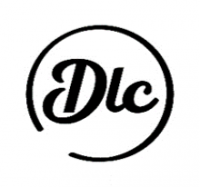
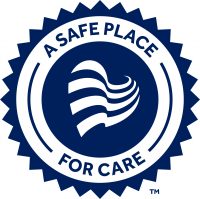
The facility name, logo and brand are the property and registered trademarks of Arizona Mentor - Union Hills, and are being used for identification and informational purposes only. Use of these names, logos and brands shall not imply endorsement. RehabNow.org is not affiliated with or sponsored by Arizona Mentor - Union Hills.

